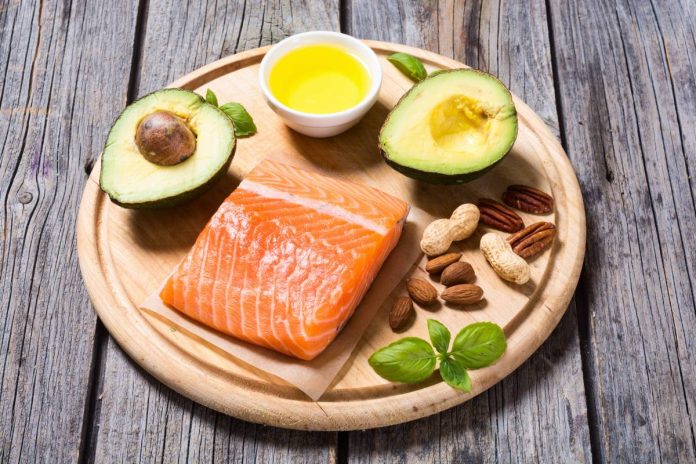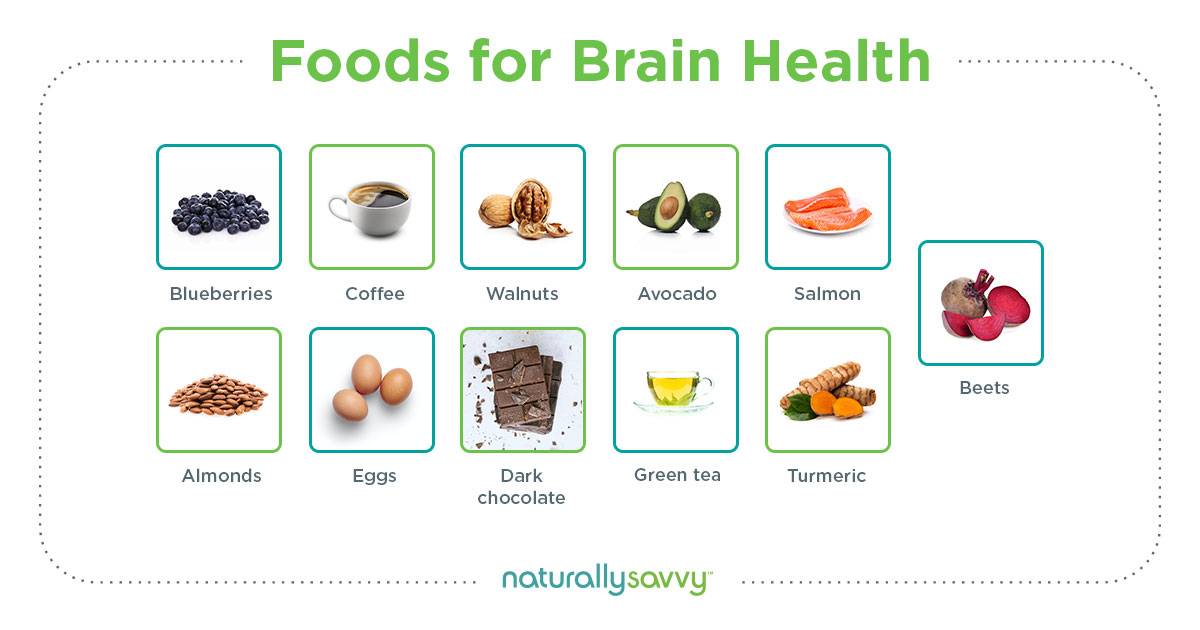
Who can benefit from better brain health? If you said “everyone,” you’re right. However, we will focus on two groups of individuals with special reasons for focusing on brain health: students and seniors. And here’s why.
First, however, let’s define brain health. According to the World Health Organization defines brain health as “the state of brain functioning across cognitive, sensory, social-emotional, behavioral and motor domains, allowing a person to realize their full potential over the life course, irrespective of the presence or absence of disorders.”
Read about the best teas for brain health
Why students and seniors
Students are our present and future, and they need all the assistance they can get to go to school, stay in school, and thrive academically. They need to be motivated, supported, and nourished.
Seniors have lived for decades, accumulating experience and wisdom. At the same time, the passing years can take their toll on the brain. The brain health of older adults can be impacted not only by age-related changes in the brain but also injuries (e.g., stroke, trauma), diseases (e.g., hypertension, Alzheimer’s disease), and mood disorders. All of these factors have an impact on the quality of life.
Food and brain health
One thing that can have a significant effect on brain health in both groups of individuals is food choices. Researchers have documented evidence that some foods are especially beneficial for brain health because of the quantity and quality of nutrients and other substances they contain that can support brain function.
The following eleven foods support and promote brain health and should be included in the daily diet of students and seniors whenever possible. At the end of the list, we provide a few helpful hints on how to make including these foods much easier.
Almonds: Need a memory boost? Are you experiencing age-related brain dysfunction? Then eat more almonds. Experts found that healthy rats fed almonds experienced increased levels of acetylcholine (brain chemical with a role in memory and message transmission) and enhanced memory, while rats with amnesia also showed better memory after consuming the tree nuts.
Avocado: This versatile fruit (yes, fruit!) is a great source of healthy monounsaturated fats, which have been shown to lower blood pressure. Since hypertension has been linked to a risk of poor brain health, it’s high time to include more avocados in your diet.
Beets: We know that beets often are not high on kids’ menu choices, but they have been shown to promote better blood flow to the brain, thanks to the presence of nitrates. That’s a plus for students and seniors alike. These ruby red vegetables are also associated with boosting function in the area of the brain involved with working memory and decision-making.
Blueberries: These small berries are packed with anthocyanins, plant compounds that deliver antioxidant and anti-inflammatory benefits, both of which are highly helpful in warding off neurodegenerative disease and aging of the brain. Blueberries' antioxidants may improve brain cell communication, boosting brain power. One study of children and seniors who consumed blueberries also demonstrated better memory and brain processes.

Coffee: If you want a cup of joe to help increase alertness, boost your mood, and improve concentration, experts recommend you be older than 12 years to consume this beverage. Children are extra-sensitive to caffeine, so it’s best for them to turn to other brain-healthy foods. For seniors, however, the aforementioned benefits can be on the table unless coffee and caffeine do not agree with your digestive system or disturb your sleep. Research suggests drinking 3 to 4 cups daily can reduce the risk of Alzheimer’s and Parkinson’s.
Dark chocolate: Dark chocolate is defined as containing at least 70 percent cocoa powder. This powder is rich in antioxidants and flavonoids. Researchers have found that the flavonoids in dark chocolate benefit memory and learning. In one large study, individuals who consumed dark chocolate more often did better on memory and other mental tests than those who ate less chocolate
Eggs: We often think of eggs as a great source of protein but also good for brain health. That’s because they provide very good amounts of choline, a micronutrient necessary to make a neurotransmitter involving memory and mood. One egg yolk contains more than 25 percent of a woman’s daily need for choline. Eggs also provide several B vitamins that play a significant role in brain health: vitamins B6, B12, and folate.
Green tea: When you enjoy a cup of green tea (including matcha tea), you are gifted with antioxidants, the amino acid L-theanine, and polyphenols. Antioxidants and polyphenols may help prevent mental decline, while L-theanine can help you relax—and who can’t use that advantage when studying for a test or needing to combat stress? Overall, experts report that green tea is a tasty beverage that can improve brain performance, memory, and the ability to focus and stay alert. [Editor's Note: Bigelow Tea has an assortment of green teas to choose from.]
Salmon: Would you like more gray matter? That’s the stuff in your brain that is packed with nerve cells involved with memory and decision-making. Salmon and other oily fish (herring, tuna, mackerel) contain omega-3 fatty acids, a healthy fat the brain needs to make nerve and brain cells for good memory and the ability to learn. Not getting sufficient amounts of omega-3 may result in depression and learning problems, a situation that’s not good for students or seniors. [Editor's Note: Supplementing with omegas is easy with soft gels from Genuine Health with no fishy aftertaste.]
Turmeric: This popular spice contains curcumin, which has anti-inflammatory and antioxidant powers and can enter the brain and impact brain cell function. Curcumin has the ability to promote the growth of new brain cells and improve mood, including anxiety and depression. Looking for a better memory? Curcumin may help.
Walnuts: Several different nuts are good for brain health, but walnuts have an edge because they contain omega-3 fatty acids, healthy fat for the brain. These nuts are also a source of vitamin E, an antioxidant that can protect against the deterioration of cognitive abilities.
Brain health food tips
Why boost your brain health with one food when two or more together will do? All of the brain health foods in this list can be combined easily, either in a salad (greens with almonds, walnuts, hard-boiled egg, and avocado), smoothies (endless possibilities that include blueberries, walnuts, green tea, almonds, and dark chocolate), or main dishes (salmon with turmeric and lemon, egg omelet with avocado, beets with almonds and turmeric).
Start the school day with avocado toast and slivered almonds or a blueberry, almond milk, and walnut smoothie. Great snacks for students and seniors alike include hard-boiled eggs, blueberries, walnuts, or dark chocolate-covered almonds. Enjoy!
Bottom line
Whether you are a young student or a senior student of life, you need to promote and support your brain health. You can do so by choosing healthy foods every day.










